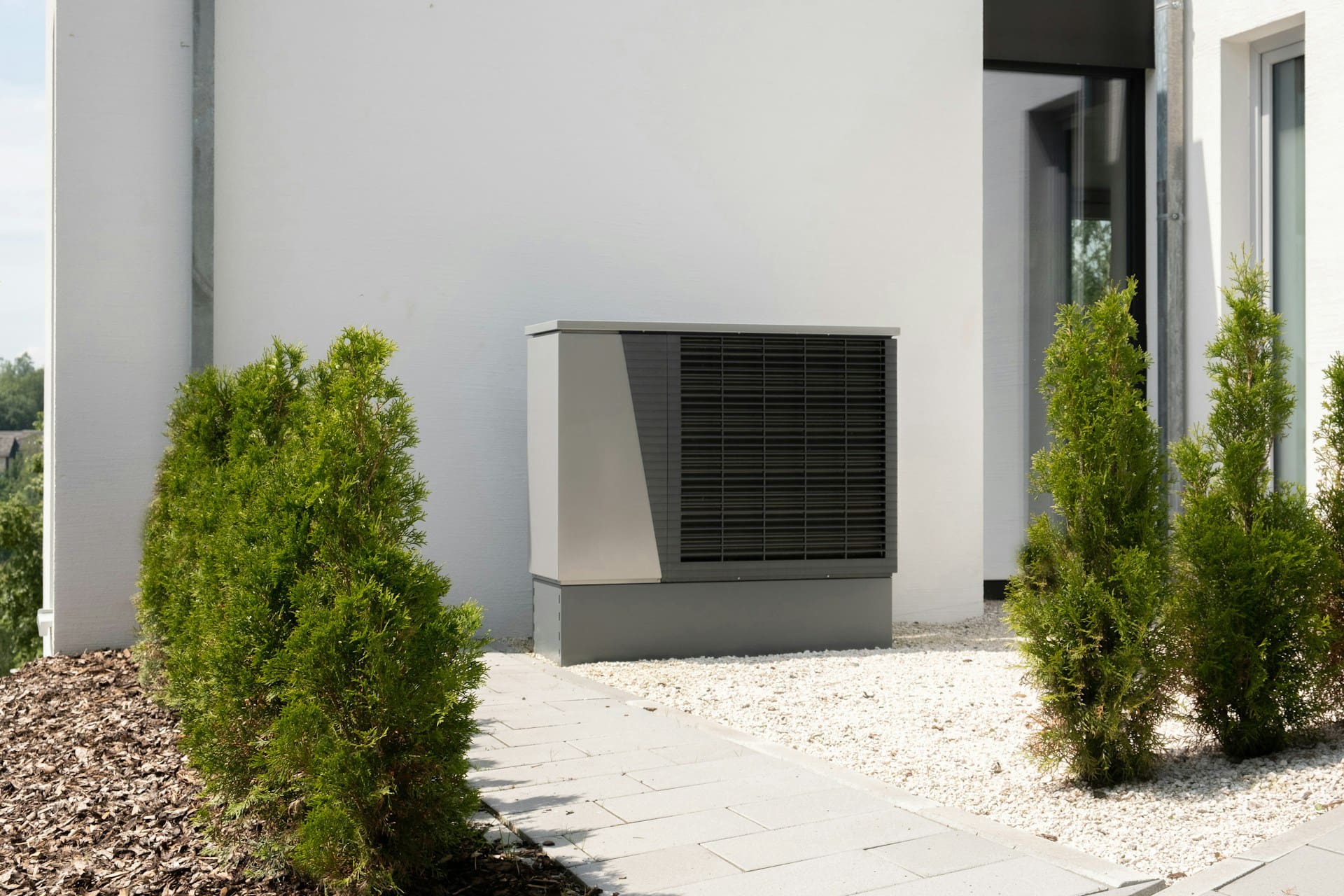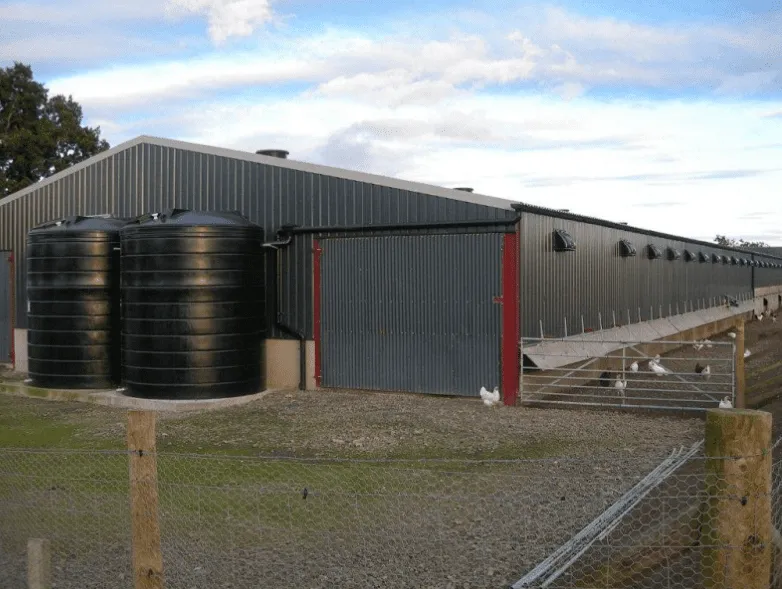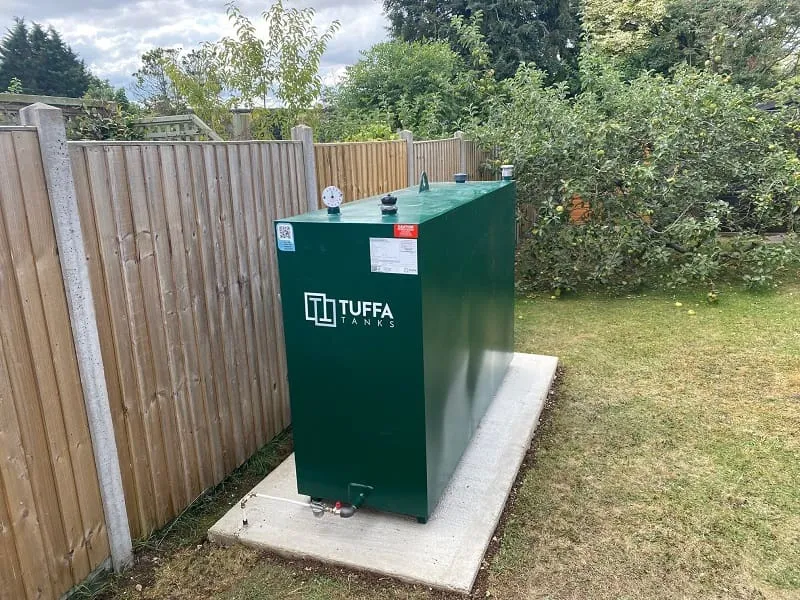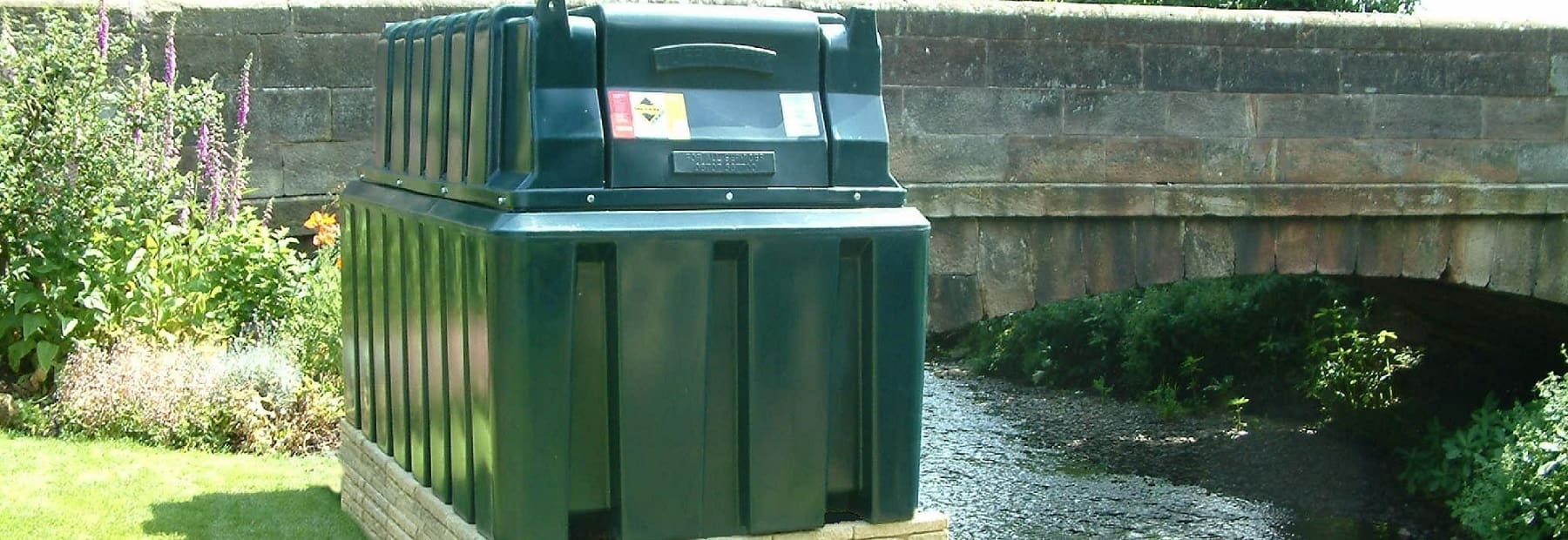
Changes in climate can cause problems
Heating your home using a domestic oil tank is hugely beneficial; it allows you to be conscious of your energy consumption whilst giving you greater control, as you’re not reliant on the mains or network. However, all oil tanks require regular maintenance to continue working effectively. It’s crucial to know when to replace a domestic oil tank before it starts causing serious problems.
But how can you determine when your domestic oil tank may need replacing? While there is no one-size-fits-all answer to this question, there are common signs to look out for and familiarising yourself will help keep you safe, whilst saving you money and time in the long term
1. The tank is more than 20 years old
The average life expectancy of a domestic oil tank is around 20 years, so if your tank is older than that, it’s wise to consider replacing it. Remember, feed lines, hoses and sealed connectors will deteriorate over time, eventually wearing down to a point where they are unreliable. It’s also worth remembering that tanks around this age may be engineered with materials no longer used in manufacturing, which can cause further complications.
2. The tank is leaking
Leaks are one of the most common problems with oil tanks, which can be incredibly wasteful, not to mention expensive. If you notice signs of leaks or weeping , it’s most likely time for a new tank. Leakages can also cause severe environmental problems by polluting rivers, harming wildlife and contaminating ground and drinking water. Clean up costs can also be significant and are rarely covered by insurance.
3. The tank is rusting
Rust is another common problem, especially with old oil tanks. If you’re noticing rust on your tank is never a good sign. Rust eats away at the metal, causing it to become weak and unreliable, making it susceptible to further problems. Rusting can also be a safety concern, so make sure to get in touch with a competent engineer, or with your oil tank manufacturer, if you need advice or help to arrange a replacement.
4. You’re having trouble getting oil
If you’re struggling to get oil from your tank, it can result in you being unable to heat your home efficiently or limit your access to hot water. Difficulties like this are often a sign that the tank lines are no longer functioning as it should and that it may be time to replace them.
5. The tank is too small
If your domestic oil tank is too small, you may not have enough storage capacity to meet your individual needs. Larger oil tanks reduce the risk of fuel shortages and allow you to reduce the cost of fuel by bulk-buying your oil when prices are low.
6. The tank is damaged
It’s critical to check your tank for physical signs of damage, such as dents, rust and warping; as most tanks are exposed to natural elements, the ever changing weather conditions can cause wear and tear. Hotter months can result in condensation build-up and cause plastic to expand and crack, while cold, snowy months can also impact plastic oil tanks as they shrink. It’s important to be extra vigilant with your tank inspections before the winter months when you rely on oil-heating the most. To get a clear view of the tank cut back any shrubs from the tank’s perimeter and do a thorough inspection looking for cracks and splits, bulges, rust and even faulty gauges or signs of spills such as dead grass.
7. You’re experiencing frequent problems with your tank
Regardless of a tank’s age, if you’re experiencing frequent problems, such as leaks, rusting, inefficient heating, or running out of oil, it’s likely time to consider replacing it. These types of issues can often be costly and hugely inconvenient for homeowners.

How we can help!
Remember, if you’re considering a residential oil tank replacement, make sure to deal with specialists like us. Our oil tanks are developed, built and tested to the highest industrial and British Standards giving our customers complete confidence in our expertise. Here at Tuffa Tanks, we can help you find the right tank to suit your needs and ensure that any replacement is running as it should.
For enquiries contact our Sales team or to stay up to date with the latest news, case studies and updates use the newsletter sign up form below.






























